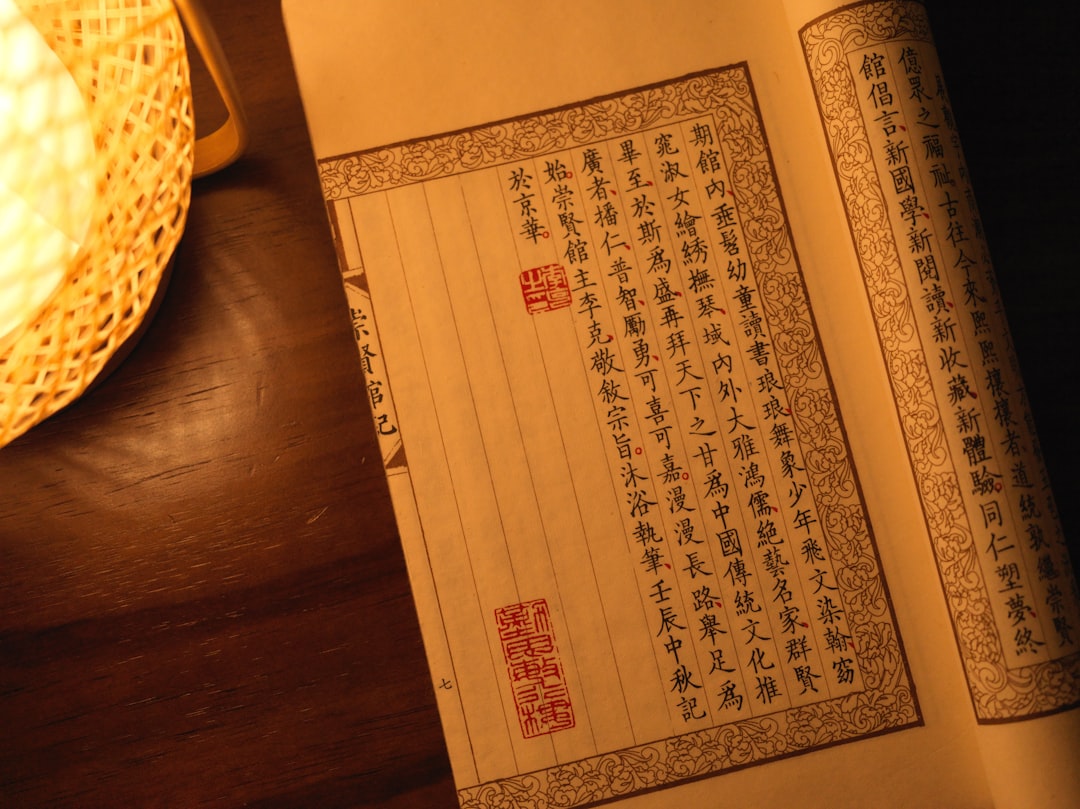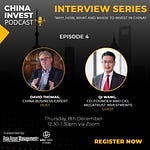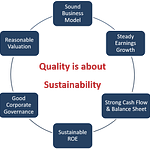Qi Wang speaks to Frank Oliveri, David O'Hara and Ashlyn Teel of Washington Analysis, an independent research firm focused on the investment implications of U.S. politics.
Please note we have removed this recording given the sensitive nature of the conversation. If you are a MegaTrust client or a paid subscriber of Daily Reflection on China, you can request the original recording by emailing me (qi.wang@substack.com).
For details of this event including the speakers’ bios, please click here.
To learn more about Washington Analysis, LLC and its research, please contact dohara@washingtonanalysis.com or sam.siddiqui@cfraresearch.com.
Key Takeaways
The Biden-Xi meeting is a significant development in U.S.-China relations. This represents an effort by both countries trying to “take the temperature down” and prevent a downward spiral.
The meeting marks the beginning of a bilateral dialogue which hopefully creates stability in U.S.-China relations.
For the midterm election, Republicans barely win the House of Representatives (lower house), while Democrats retains majority control of the Senate (upper house).
This means any hawkish views or actions against China by the Republicans will be contained, because of (1) internal friction within the Republican party, (2) a Democrat-controlled Senate and (3) the White House, which has veto power.
Do not expect anything substantial on China from the U.S. Congress, even though the political risk is always there.
The White House has the most power in setting the China agenda, as the Constitution empowers the President to deal all foreign affairs.
Within the executive branch, investors should pay close attention to the Department of Commerce and the various regulatory agencies which set China policies.
In terms of Tech War, the U.S.’ end goal is not to limit all tech exports to China, but to restrict the flow of cutting edge technologies (high tech), so that China is always one or two steps behind the U.S. This is consistent with our view that China will likely lose the high tech war (but win on low tech).
The U.S. control of high-tech exports to China is “incredibly expansive”. The Department of Commerce has a lot of flexibility to adjust the policy as needed.
Such adjustments can be both ways, tightening the regulation and closing any loopholes, or lifting restrictions and granting exemptions in some cases.
Negative side effects of the Tech War: (1) supply chain disruptions (2) inflationary pressure (3) cost to the U.S. economy, and (4) downside to certain U.S. company earnings, like NVDA and AMAT.
The U.S. government may grant exemptions case-by-case, weighing the risk of IP leakage to China against the related economic cost.
“The big picture policy that these semiconductor restrictions represent is the so-called “Jake Sullivan Doctrine.” That is, the U.S. is no longer content with having a relative superiority over China in key technologies (e.g. x generations ahead) but needs absolute superiority.” Washington Analysis report, October 2022
Things to Watch
Congressman Kevin McCarthy (R) now calling for a “China Committee”
Miscalculation by military forces on either side (scary and uncontrollable)
Upcoming U.S. Presidential Election season
U.S. convincing its allies to also limit high tech exports to China (e.g. ASML)
To learn more about Washington Analysis and its research, please contact dohara@washingtonanalysis.com or sam.siddiqui@cfraresearch.com.
To be continued…
This is a free post so feel “free” to share it. There are more free and paid-subscriber only articles on our website. You are welcome to explore and share them. The best way to access all content worry-free is to become a paid subscriber.
The paid subscription is just $30 per month or $250 a year. One dollar a day keeps the China surprises away! We offer a 7-day risk-free trial to all new subscribers. Please grab this offer by clicking the button above. If you’ve never subscribed to our newsletter before, enter your email address to begin.











Share this post